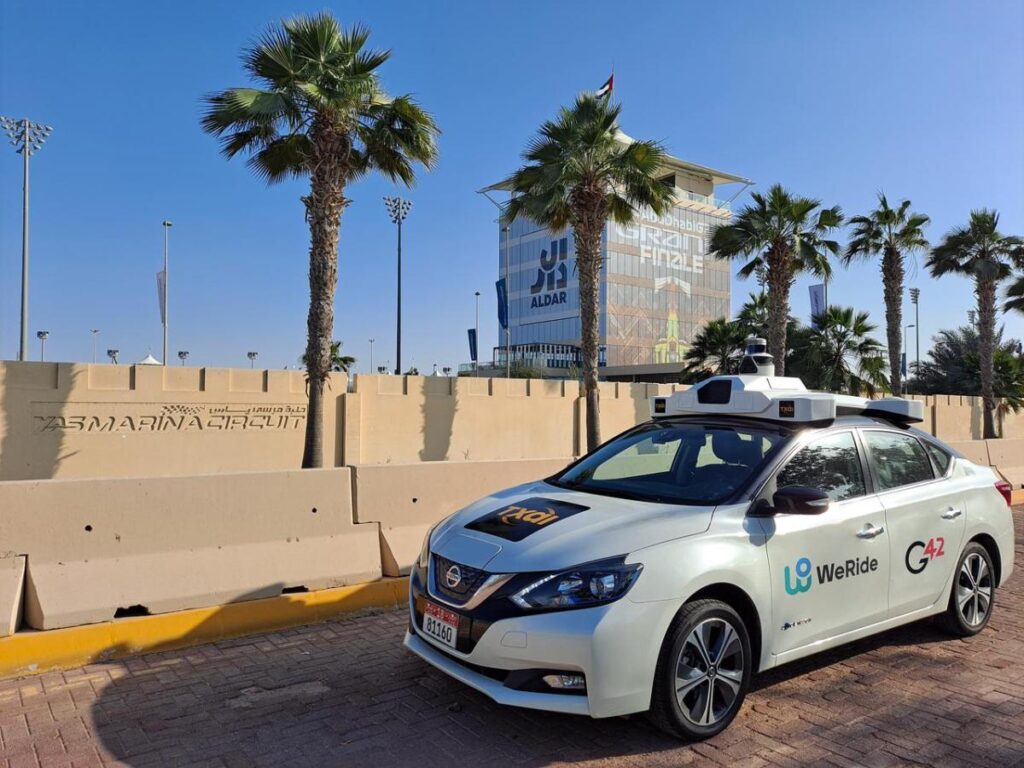The first national license for self-driving vehicles in the United Arab Emirates has been granted to Chinese autonomous driving company WeRide. This license permits WeRide to test its Level 4 autonomous vehicles on public roads throughout the country. Level 4 autonomy means that the vehicle can handle all aspects of driving in certain conditions without human intervention. The license is a step towards UAE ruler Sheikh Mohammed bin Rashid Al Maktoum’s goal of making 25% of the country’s transportation fully autonomous by 2030.
In addition to granting WeRide’s permit, UAE’s Council of Ministers approved a national policy for electric vehicles on Monday. This policy includes the development of a national charging network, regulation of the EV market, and support for related industries such as autonomous vehicles (AVs) that aim to reduce emissions and maintain road quality.
Dubai, the most populous city in the UAE, has been a hub for various driverless vehicle trials. The city’s Roads and Transport Authority (RTA) has set a goal of limiting the number of vehicles on Dubai’s roads and scaling up robotaxi operations to 4,000 vehicles by 2030. Companies like Cruise, a subsidiary of General Motors, have been testing and developing robotaxis in Dubai. WeRide plans to test various types of self-driving vehicles in the UAE and aims to commercialize its technology for robotaxis, robobuses, robovans, and autonomous street sweepers.
WeRide has also set its sights on Saudi Arabia, announcing plans to work with the Saudi Artificial Intelligence Company to launch a robobus route in the country.
The regulatory requirements for testing, deploying, and commercializing autonomous vehicles in the UAE are not yet clear. Testing will be carried out by the RegLab, an initiative by the General Secretariat of the Cabinet, but further information has not been provided. In the US and China, where most self-driving vehicle testing occurs, regulations are more decentralized and led by local governments. For example, in California, companies must obtain permits from the Department of Motor Vehicles and the California Public Utilities Commission to test and deploy autonomous vehicles. In Arizona, companies only need to self-certify that their vehicles can safely stop in the event of a system malfunction.




